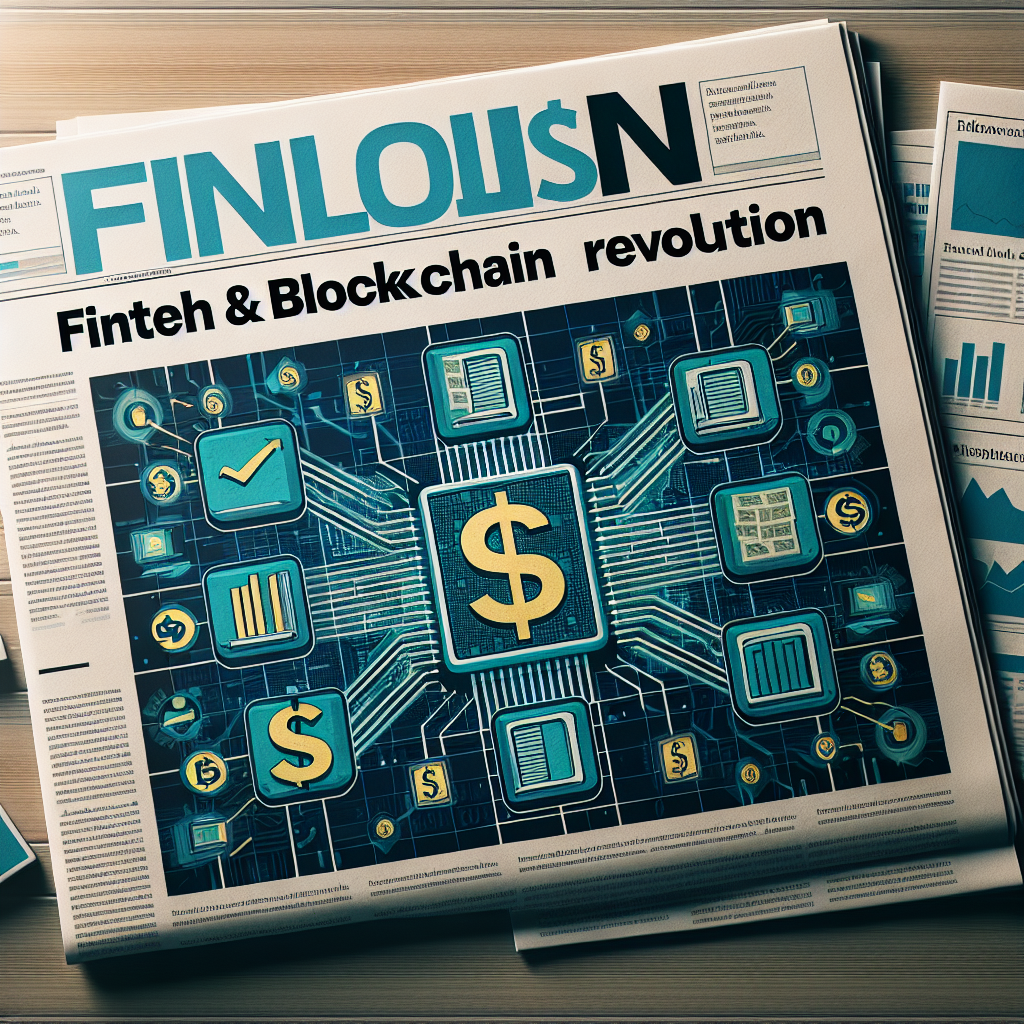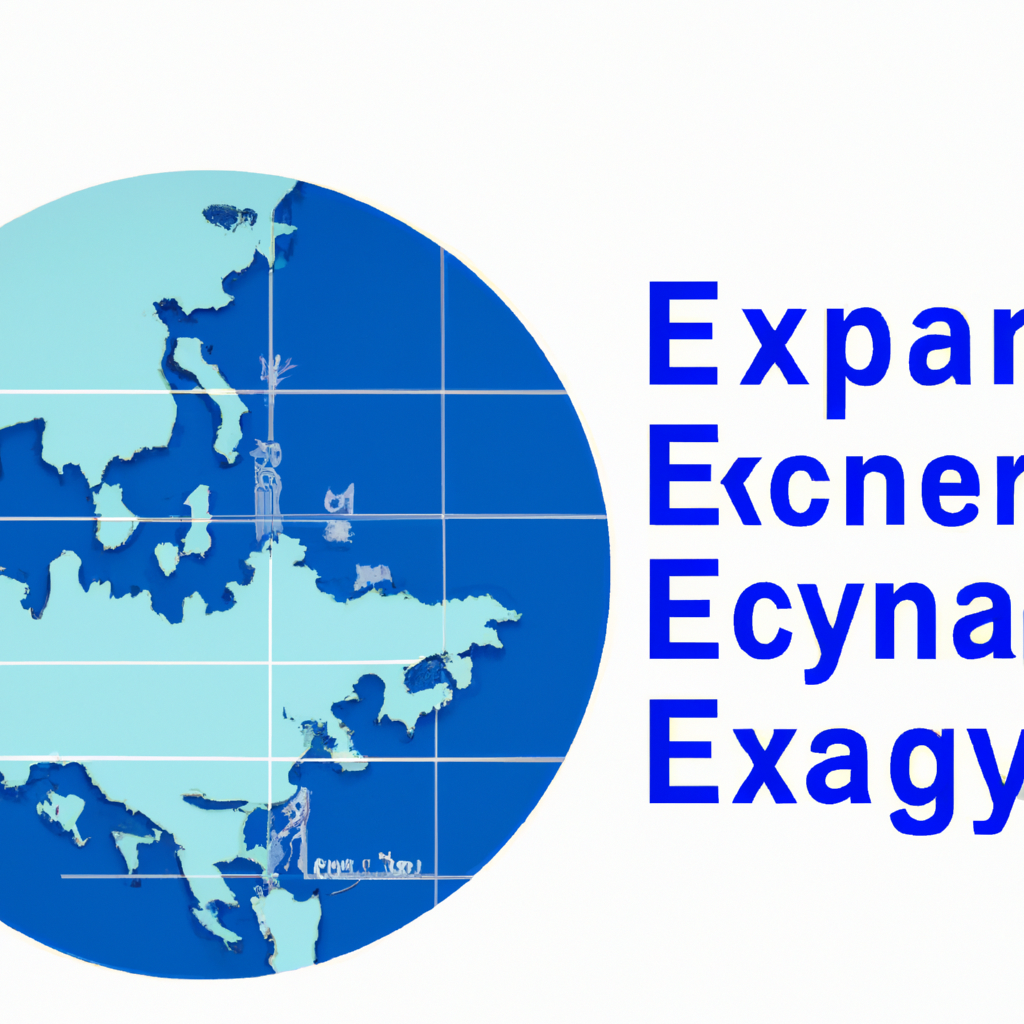Exploring the Latest in FinTech and Blockchain Innovations
The financial technology (FinTech) sector is rapidly evolving, bringing about transformative changes that aim to streamline, enhance, and revolutionize how we interact with financial services. At the heart of this revolution is blockchain technology, a disruptive force that promises to bring about a new era in security, efficiency, and transparency. Let’s delve into the latest developments and news in the FinTech and blockchain spaces.
Breakthroughs in FinTech
In recent times, FinTech has witnessed unprecedented growth, thanks to advances in technology and a shift in consumer expectations. Here are some of the key areas witnessing exciting developments:
Mobile Payments and Digital Wallets
The convenience offered by mobile payments and digital wallets continues to drive their popularity. With more consumers foregoing traditional wallets for digital ones, companies are innovating to provide seamless, secure, and rapid transaction capabilities. The integration of biometric security measures, such as fingerprint and facial recognition, adds an extra layer of security, promising a safer transaction environment for users.
Robo-advisors and AI in Personal Finance
Artificial intelligence (AI) and machine learning are transforming personal finance, making it more accessible and customizable. Robo-advisors, using AI to offer personalized investment advice at a fraction of the cost of traditional financial advisors, are democratizing investment for the masses. Moreover, personal finance apps are increasingly leveraging AI to offer customized budgeting advice and financial management tips, assisting users in making more informed financial decisions.
Disruption through Blockchain
Blockchain technology is at the forefront of the FinTech revolution, offering a level of security and transparency previously unattainable.
Decentralized Finance (DeFi)
One of the most significant blockchain innovations is the emergence of decentralized finance, or DeFi. DeFi applications bypass traditional financial intermediaries by operating on decentralized blockchain networks, offering services such as lending, borrowing, and trading. This not only reduces the costs associated with these services but also makes them more accessible to a global audience.
Smart Contracts
Smart contracts are self-executing contracts with the terms of the agreement directly written into lines of code. These contracts automatically enforce and execute themselves when predetermined conditions are met, eliminating the need for a middleman. The potential applications of smart contracts are vast, ranging from automatic insurance payouts to secure and seamless property transactions.
Blockchain and Cryptocurrency Regulations
As blockchain and cryptocurrencies continue to gain momentum, regulatory scrutiny is also intensifying. Governments and regulatory bodies around the world are working to establish frameworks that protect consumers while fostering innovation.
Global Regulatory Landscape
The regulatory landscape for cryptocurrencies and blockchain technology varies significantly from one jurisdiction to another. While some countries have fully embraced these innovations, others have adopted a more cautious approach. Despite these differences, there’s a common trend towards establishing clear regulations that ensure security, prevent money laundering and fraud, and protect investors.
Impact on Blockchain Adoption
Regulatory clarity is crucial for the widespread adoption of blockchain technology. By establishing a clear legal framework, regulators can encourage innovation while ensuring that technology’s potential is harnessed in a secure and ethical manner. Moreover, as regulations become standardized across jurisdictions, we can expect to see even greater expansion and adoption of blockchain solutions.
Looking Forward
The intersection of FinTech and blockchain technology is bustling with innovation, driving a shift towards more secure, efficient, and inclusive financial services. As we look to the future, it’s clear that these technologies will continue to play a pivotal role in reshaping the financial landscape. By staying informed about these developments, individuals and businesses can position themselves to take full advantage of the opportunities presented by this digital financial revolution.



